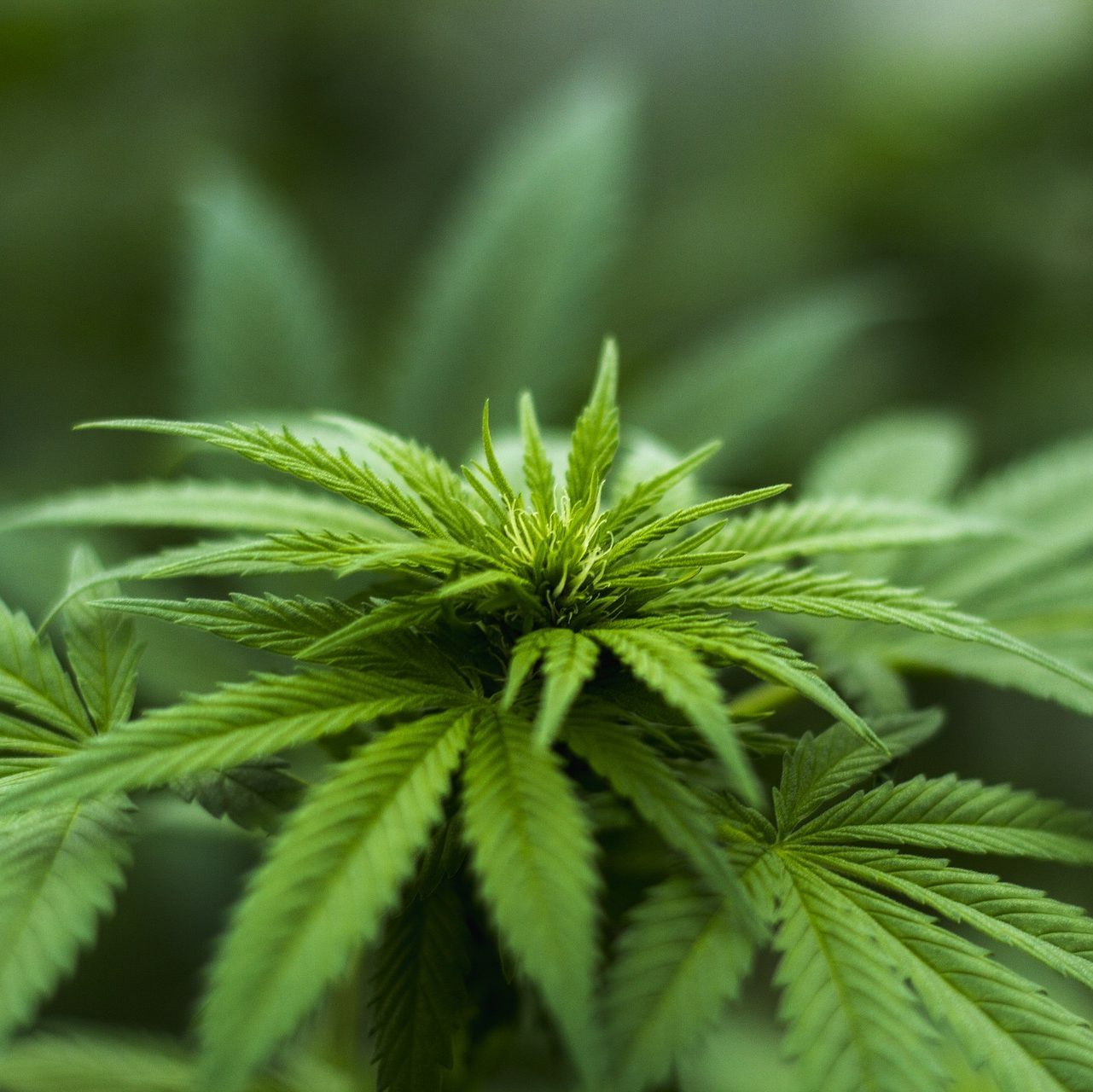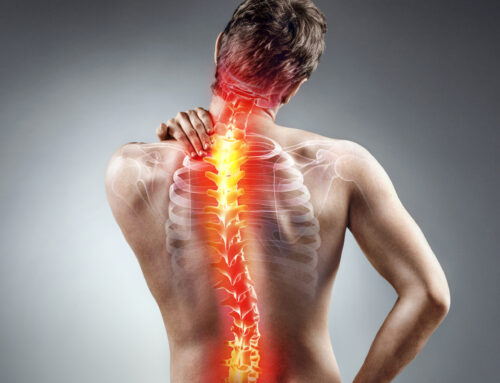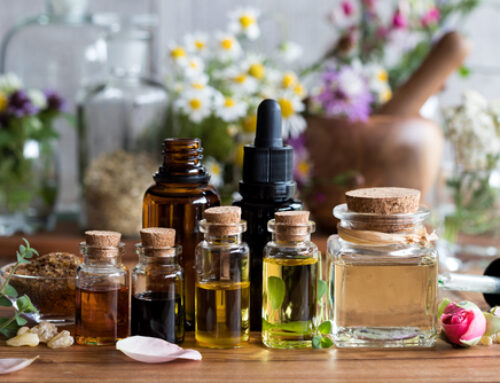It doesn’t get you high, but it’s causing quite a buzz among medical scientists and patients. The past year has seen a surge of interest in cannabidiol (CBD), a non-intoxicating cannabis compound with significant therapeutic properties. It has been touted that CBD derived from industrial hemp is the next big thing, a miracle oil that can shrink tumors, quell seizures, and ease chronic pain—without making people feel “stoned.” But along with a growing awareness of cannabidiol as a potential health aid, there has been a proliferation of misconceptions about CBD.
Cannabis contains several hundred compounds, including various flavonoids, aromatic terpenes, and many minor cannabinoids in addition to CBD. Each of these compounds has specific healing attributes, but when combined they create what scientists refer to as a holistic “entourage effect” or “ensemble effect,” so that the therapeutic impact of the whole plant is greater than the sum of its single-molecule parts.
Cannabis for medical use has been on the rise since the passage of Section 7606 of the Agricultural Act, which defined “industrial hemp” for the first time in U.S. history and distinguished it from marijuana. Cannabis was hemp, not marijuana, as long as no part of the plant (including the leaves and flowers) exceeded a THC concentration of “more than 0.3 percent on a dry-weight basis.” Federal law prohibits American farmers from growing high-resin CBD-rich drug plants that exceed 0.3 percent THC. Since this distinction was made in 2014, the use of high-resin CBD oil from hemp that contains little to no traces of THC has been rapidly growing.
“A” Few Myths of CBD Oils
- “CBD is not psychoactive.” CBD is not an intoxicant, but it’s misleading to describe CBD as non-psychoactive. When a clinically depressed patient takes a low dose of a CBD-rich sublingual tincture and has a great day for the first time in a long time, it’s apparent that CBD is a powerful mood-altering compound. Better to say, “CBD is not psychoactive like THC,” than to simply assert that CBD is not psychoactive. CBD won’t make a person feel “stoned,” but it can impact a person’s psyche in positive ways. Moderate doses of CBD are mildly energizing (“alerting”). But very high doses of CBD may trigger a biphasic effect and can be sleep-promoting. CBD is not, however, a sedative.
- “High doses of CBD work better than than low doses.” Keep in mind that CBD in general has biphasic properties, meaning that low and high doses can produce opposite effects. An excessive amount of CBD could be less effective therapeutically than a moderate dose. An example of a good starting dose is a few drops of a 240mg CBD oil 1-3 times per day. If the desired effects are not seen, add a few more drops before moving to a stronger mg dosage.
- “CBD is CBD. It doesn’t matter where it comes from.” Some low-resin industrial hemp cultivars may be a feasible source of CBD, but fiber hemp is by no means an optimal source of CBD. Huge amounts of fiber hemp are required to extract a small amount of CBD, thereby raising the risk of contaminants because hemp is a “bio-accumulator” that draws toxins from the soil. But the debate over sourcing CBD is quickly becoming moot as plant breeders focus on developing high-resin cannabis varietals that satisfy the legal criteria for industrial hemp, with THC measuring less than 0.3 percent.
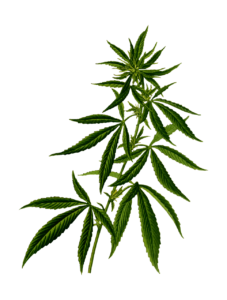 “B” Benefits of CBD Oil
“B” Benefits of CBD Oil
Scientific and clinical research (much of it sponsored by the US government) underscores CBD’s potential as a treatment for a wide range of conditions, including arthritis, heart disease, Fibromyalgia, diabetes, alcoholism, MS, chronic pain, schizophrenia, PTSD, depression, antibiotic-resistant infections, epilepsy, and other neurological disorders.
CBD has demonstrable neuroprotective and neurogenic effects, and its anti-cancer properties are currently being investigated at several academic research centers in the US and elsewhere. Further evidence suggests that CBD is safe even at high doses. CBD-rich cannabis has a long history of being used to treat health problems.
CBD oil is also being used to treat pets. Many pet owners have seen dramatic improvements with their pets for problems like arthritis, seizures, and anxiety. CBD oils are generally tolerated well by pets. CBD oil can be administered by placing directly under the tongue or by placing a few drops on their food.
“C” Choose Your CBD Oil Wisely
There are plenty of bad CBD products on the market that are full of contaminants. Here is what to look for when choosing a cannabis medicine:
- CBD-Rich Products: For maximum therapeutic impact, choose products that include a high-quality CBD oil that contains no and is not blended with any other oils.
- Clear Labels: Look for labels showing the quantity and ratio of CBD per dose, a manufacturing date, and batch number (for quality control).
- Lab Testing: Look for products that are tested for consistency and verified as free of mold, bacteria, pesticides, solvent residues, and other contaminants.
- Quality Ingredients: Select products with quality ingredients—no corn syrup, GMOs, trans fats, or artificial additives.
- Safe Extraction: Avoid products extracted with toxic solvents like BHO, propane, hexane or other hydrocarbons. Solvent residues are especially dangerous for immunocompromised patients. Look for products that use a safer method of extraction like supercritical CO2.
“D” Dosage Guidelines
Begin with a low dose, especially if you have little or no experience with cannabis. Take a few small doses over the course of the day rather than one big dose. Use the same dose and ratio for several days. Observe the effects and, if necessary, adjust the ratio or amount.
Don’t overdo it. “Less is more” is often the case with cannabis therapeutics.
Be aware of possible side effects. Cannabis is a safe and forgiving medicine, but depending on delivery method and individual tolerance, it can amplify anxiety and mood disorders. Other possible side effects are dry mouth, dizziness, and faintness.
“E” Examine Your Results
Closely observe the results you obtain from your CBD oil. Results obviously vary from person to person and may differ from what you expected. We have found in our office that patients who have intended CBD oil for controlling chronic pain, to not only find pain relief, but also find a more relaxed feeling throughout the day. Your results may surprise you.
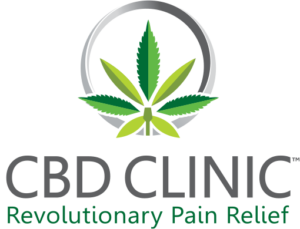 Our Research Shows
Our Research Shows
We have researched two companies that have produced a good-quality product we feel comfortable recommending. NuLeaf Naturals and CBD Clinic are producing high-quality CBD oils and topical creams nationwide.
We have been using the CBD Clinic cream in the office. With over 30 select patients, the results have been very promising. Reduction in muscle pain, headaches, tendinitis, Fibromyalgia, and arthritis pain have been reported by most of these patients. We can’t say that we have seen 100% beneficial results, but those reporting little-to-no help have been very few. Stop in our office if you’d like to purchase and try one of our recommended CBD products.

Daryl C. Rich, DC, CSCS, ART®

